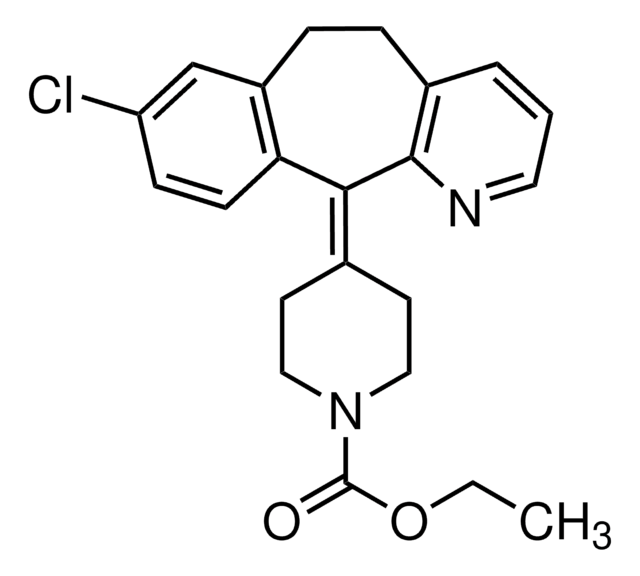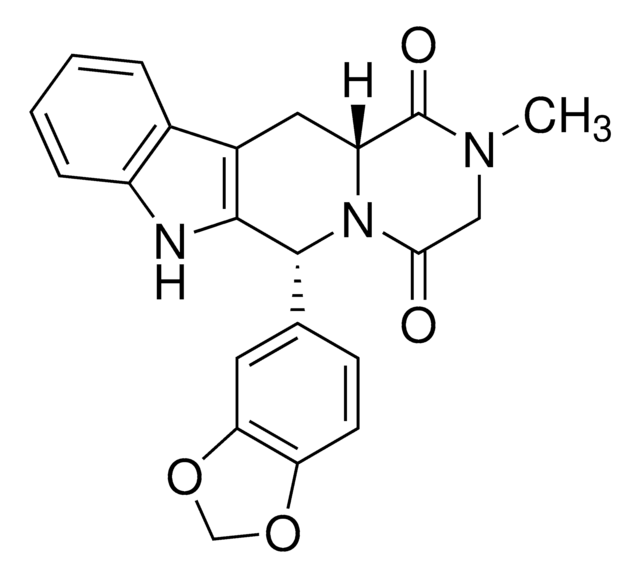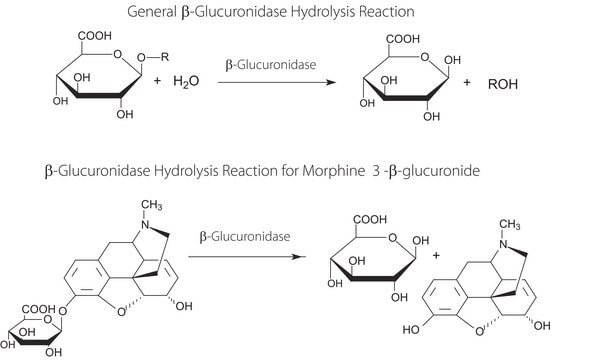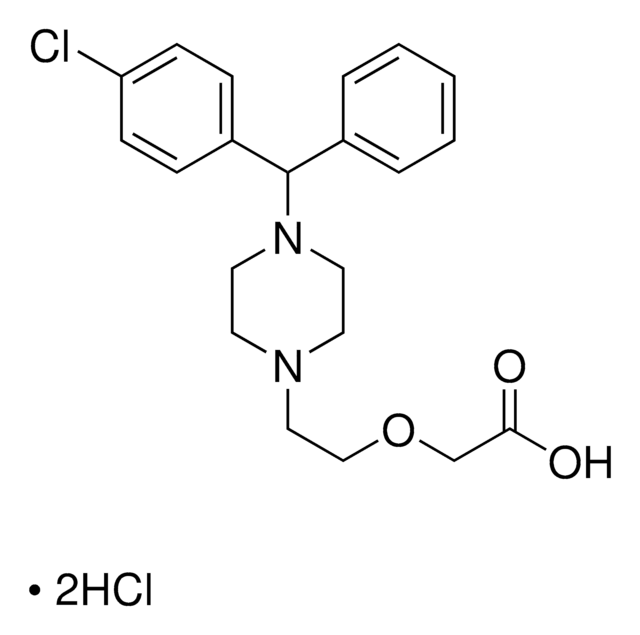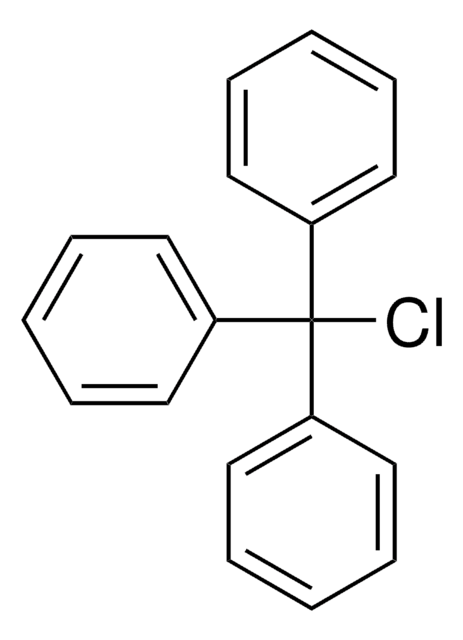K2628
Ketotifen fumarate salt
≥99% (TLC), powder, H₁ histamine receptor antagonist
About This Item
Recommended Products
Product Name
Ketotifen fumarate salt,
form
powder
Quality Level
originator
Novartis
SMILES string
OC(=O)\C=C\C(O)=O.CN1CCC(\CC1)=C2/c3ccccc3CC(=O)c4sccc24
InChI
1S/C19H19NOS.C4H4O4/c1-20-9-6-13(7-10-20)18-15-5-3-2-4-14(15)12-17(21)19-16(18)8-11-22-19;5-3(6)1-2-4(7)8/h2-5,8,11H,6-7,9-10,12H2,1H3;1-2H,(H,5,6)(H,7,8)/b;2-1+
InChI key
YNQQEYBLVYAWNX-WLHGVMLRSA-N
Gene Information
human ... HRH1(3269) , PDE7B(27115)
Looking for similar products? Visit Product Comparison Guide
General description
Application
Biochem/physiol Actions
Features and Benefits
Signal Word
Warning
Hazard Statements
Precautionary Statements
Hazard Classifications
Acute Tox. 4 Oral - Eye Irrit. 2
Storage Class Code
11 - Combustible Solids
WGK
WGK 3
Personal Protective Equipment
Regulatory Listings
Regulatory Listings are mainly provided for chemical products. Only limited information can be provided here for non-chemical products. No entry means none of the components are listed. It is the user’s obligation to ensure the safe and legal use of the product.
JAN Code
K2628-BULK:
K2628-1G:
K2628-VAR:
K2628-100MG:
K2628-500MG:
Choose from one of the most recent versions:
Already Own This Product?
Find documentation for the products that you have recently purchased in the Document Library.
Customers Also Viewed
Our team of scientists has experience in all areas of research including Life Science, Material Science, Chemical Synthesis, Chromatography, Analytical and many others.
Contact Technical Service


